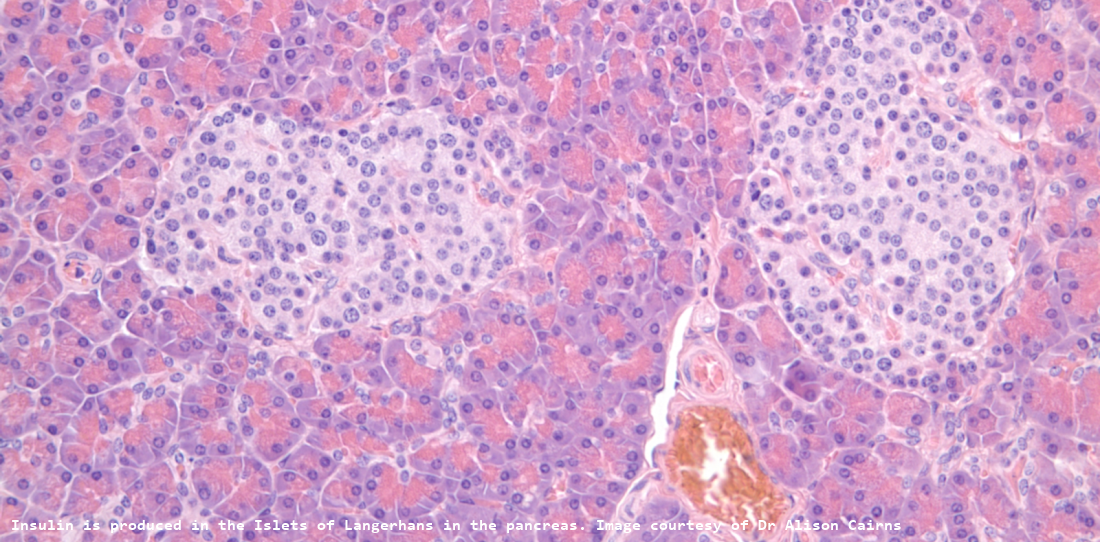Diabetes is a very common condition. It causes symptoms of thirst, tiredness, excessive passage of urine and weight loss.
It is a condition in which the level of glucose (sugar) in the blood rises. If the glucose level is not controlled in the long term, a person with diabetes may develop complications. These diabetic complications include damage to the eyes, feet, kidneys and circulation. If not treated in time, diabetes can cause blindness, kidney failure, heart attack and stroke. Foot complications can lead to ulcers, gangrene and amputation. However, with careful treatment and supervision, these complications can usually be avoided.
Diabetes is usually treated with diet and exercise together with tablets, insulin or other injectable therapy, if necessary.
The aim of the treatment is to promote and maintain good health, alleviate any symptoms, detect any complications at an early stage and treat them effectively.
Newly diagnosed patients require a full assessment by a specialist, together with education about how to live with diabetes in the long term.

